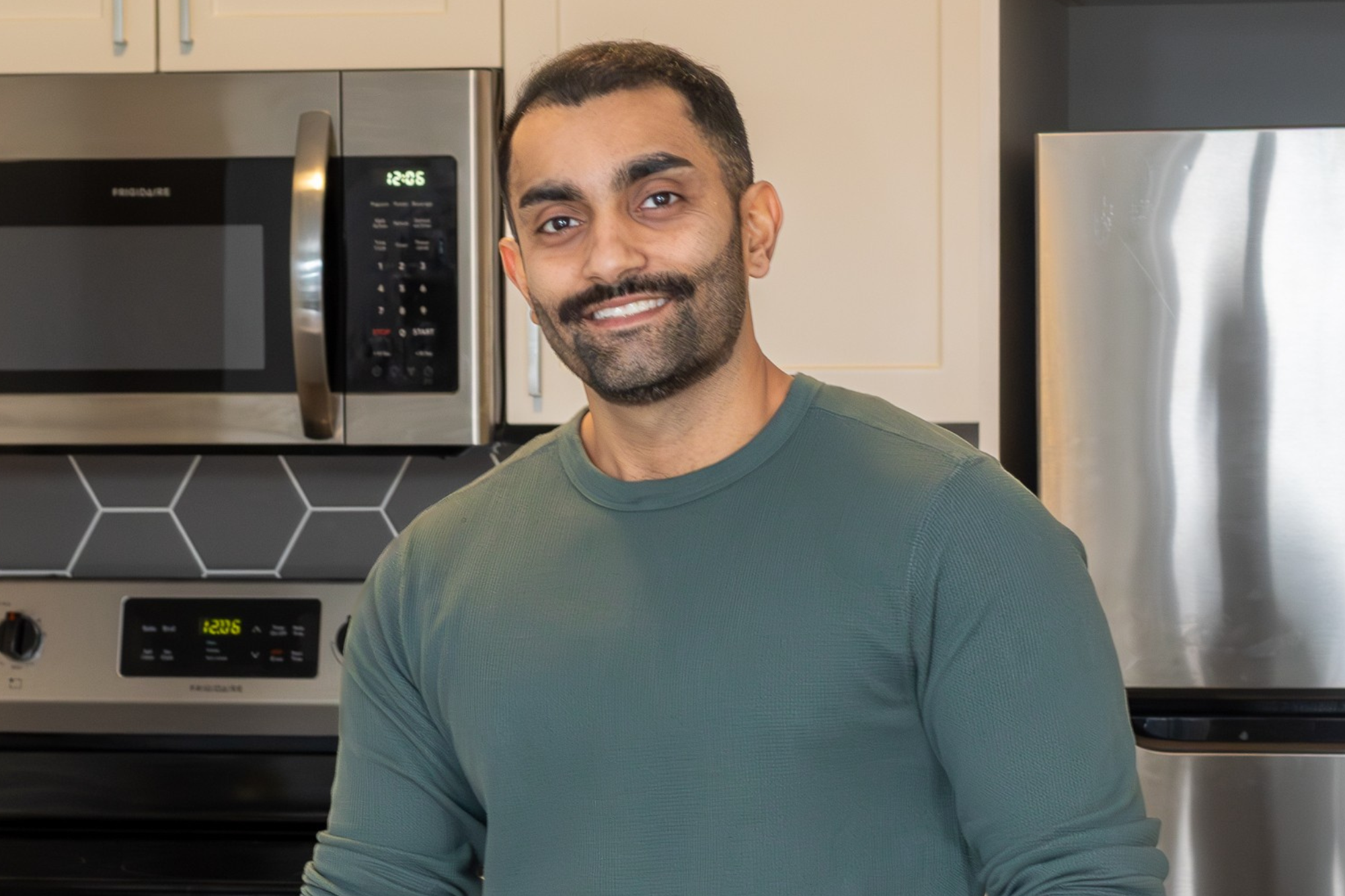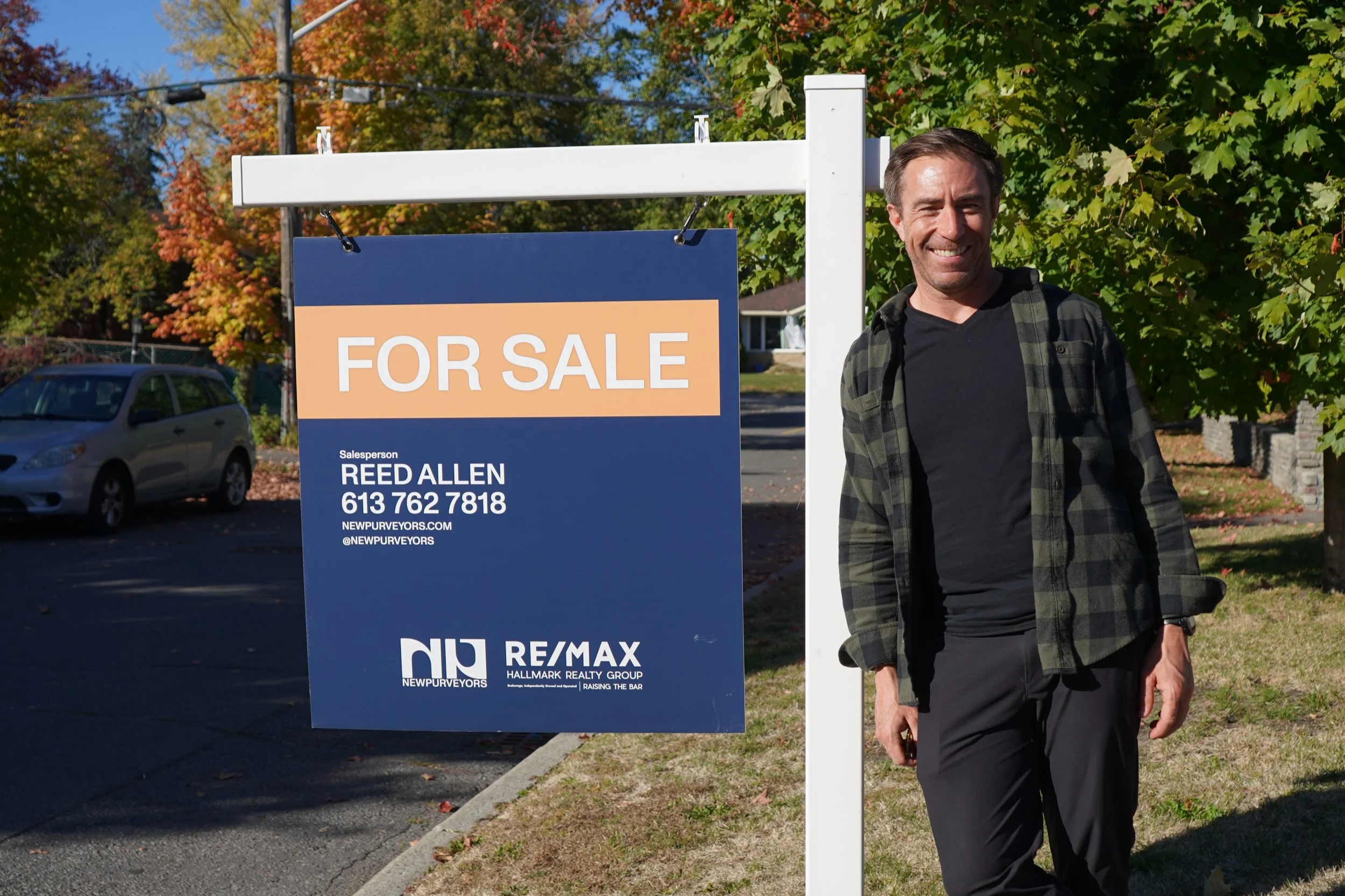What You Need to Know About Buying a Home with a Basement Apartment in Ottawa (2025 Edition)
With housing affordability continuing to be a hot topic in Ottawa, more and more buyers are turning to properties with basement apartments or secondary suites. Whether you’re thinking of offsetting your mortgage with rental income or planning for multigenerational living, a basement apartment can offer serious value.
But there’s more to it than just having a separate entrance and a second kitchen. In this post, we’ll break down what you really need to know before buying a freehold home with a secondary unit—from legal considerations and zoning to resale value and rental potential.
1. What Counts as a Legal Secondary Dwelling in Ottawa?
In Ottawa, a basement apartment is only considered legal if it complies with the Ontario Building Code, Fire Code, and zoning regulations. That means it must have:
Its own kitchen, bathroom, and sleeping area
A separate entrance or shared entry that meets code
Proper ceiling height, ventilation, and egress (a legal window or door for escape in an emergency)
Fire separation and smoke alarms in accordance with current fire code regulations
💡 Pro tip: Many secondary suites are not legal, even if they look finished. Always have your real estate agent and home inspector flag this early.
2. Can You Rent It Out Right Away?
Yes—if the unit is legal and registered, you can rent it out immediately, whether long-term or (in some cases) short-term. However, Ottawa now has short-term rental bylaws, and you can typically only Airbnb your primary residence. For basement units in investment properties, long-term tenants are your safest option.
Also, keep in mind: if the unit has never been rented before, it may need inspections to ensure compliance.
3. Zoning & Bylaws: Know Before You Buy
Ottawa zoning bylaws have evolved to support more gentle density, especially in urban and suburban areas. As of 2024:
Most residential zones (R1–R4) now allow secondary dwelling units by right
A third unit (such as a coach house) may also be allowed under new inclusionary zoning reforms
Laneway homes and garden suites are increasingly possible—but not everywhere
Check zoning for your specific address using the City of Ottawa’s geoOttawa map.
4. Mortgage & Financing Benefits
Buying a home with a legal rental unit can help you qualify for a larger mortgage. Lenders often allow 50–100% of the projected rental income to count toward your income when qualifying.
💡 Ask your mortgage broker if they’ll allow a rental add-back, especially if the unit is self-contained and meets all legal requirements.
5. Red Flags to Watch For in Basement Apartments
While basement units can be a smart financial move, they’re not all created equal. Watch for:
Low ceiling height (less than 6'5" often fails code)
Poor waterproofing or signs of flooding
Lack of separate heating systems or proper fire separation
Renovations without permits
A home inspection won’t cover everything—if the apartment is a key part of your purchase, consider a fire safety inspection or request previous building permits.
6. Can You Add One Later?
If you're buying a home without a secondary suite but want to build one, it’s doable—but not simple. You’ll need to:
Check zoning to confirm it’s allowed
Apply for building permits
Upgrade fire separation and egress
Pay for additional utility hookups, if needed
💰 Costs typically range from $40,000–$120,000, depending on the size, layout, and finishes. A good investment—but definitely not a weekend DIY.
7. What Does This Mean for Resale?
Properties with legal secondary suites hold value well and appeal to a wide buyer pool—first-time buyers, investors, and multigenerational families. They’re especially in demand in areas near transit, universities, or hospitals, where rental demand is high.
But remember: illegal units can lower your resale value or scare off buyers. Legalization adds value—cutting corners doesn’t.
A home with a basement apartment can be an incredible way to build equity faster, create passive income, or provide flexible living space. But it’s only worth it if you go in informed.
Not sure how to spot a legal unit or where to find the best properties with income potential in Ottawa?
We’d love to help. Our team has experience guiding buyers through zoning, legalities, and smart investments—without the stress.




























